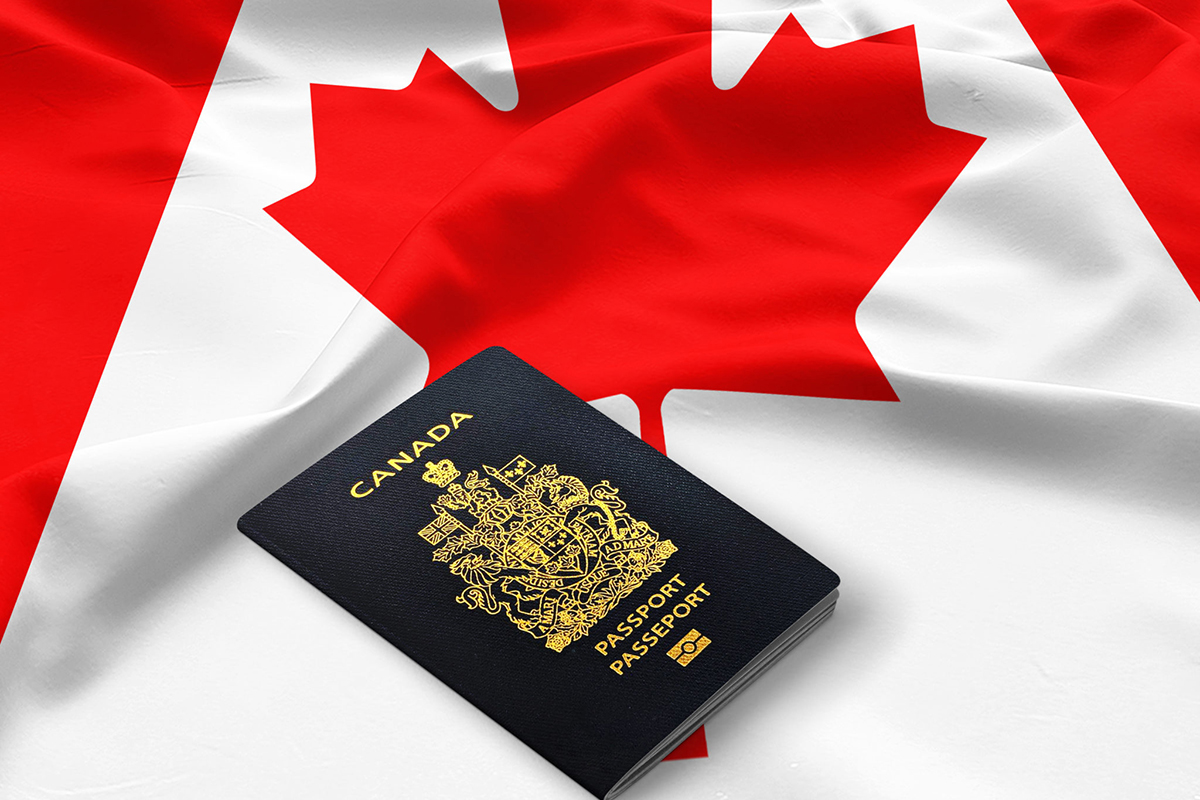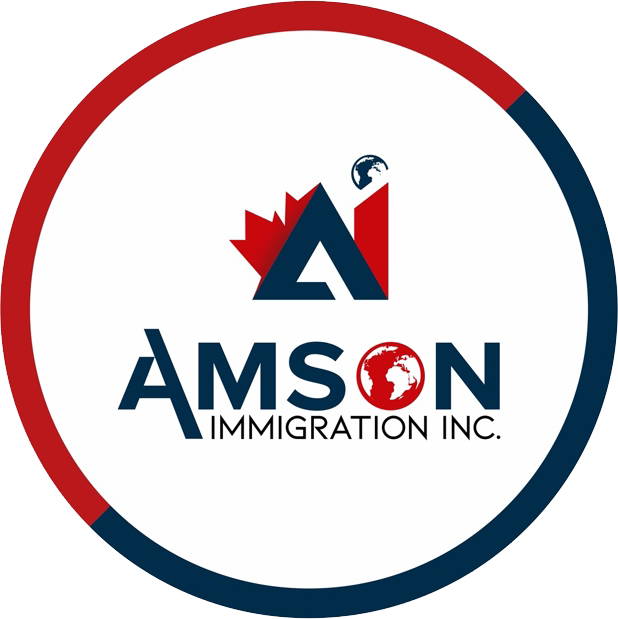
Who is eligible to become a Canadian citizen?
Citizenship in Canada is available both through naturalisation and birth there.
According to current legislation, applicants must have had a qualifying permanent resident status for three years during the previous five years in order to be eligible for citizenship through naturalisation.
Candidates should also:
- If you are between the ages of 18 and 54, you must meet the citizenship language requirement;
- Being exempt from a deportation order;
- Not be subject to a criminal ban;
- Cover processing costs.
Applications are sent to the citizenship office in Sydney, Nova Scotia, where they are pre-screened to make sure they are accurate and comply with the 3-year residency requirement. The candidate will be asked to appear for an interview within about one year after application to demonstrate their familiarity with Canada in one of Canada’s official languages.
The Advantages of Being a Canadian
2019-11-12 – This page outlines the rights and responsibilities of Canadian citizens who are permanent residents.
Additionally, citizens have the following rights and obligations:
Politics
Citizens in Canada have a voice in who leads the various levels of government since they can cast ballots in federal, provincial, and municipal elections, run for office, and engage in political activity. Town, city, school district, province, region, or entire nation could be included.
People have the option of running as independent candidates or as members of one of the recognised parties.
Dual citizenship
Canada does not force you to choose between holding citizenship there and in your home nation. You might or might not be required to make that decision depending on your home nation.
Right to do all jobs
Some employment call for a high level of security clearance, which is only available to citizens. Some federal positions are included in this. The salary and benefits for these occupations are frequently excellent.
Passport
Canadian residents receive a passport, which can be renewed more easily and less frequently than a permanent residence card.
The passport makes it simpler to obtain a visa when one is necessary and allows you to travel to numerous countries without needing one. It should be emphasised that this is only valid for travel and does not grant you employment rights.
You are less likely to run into issues when returning to Canada from another country if you have a passport.
If you travel with a Canadian passport, you can also count on the assistance of Canadian consulates and embassies should you run into problems abroad.
Your children
Your children will immediately become Canadian citizens if you are a citizen and they are born in Canada. There will be no application process for them to go through. If at least one parent was born in Canada or naturalised there, some children born abroad may also be citizens at birth.
Tax
Canadian tax legislation bases eligibility more on residency than citizenship. You are not required to pay Canadian taxes if you are a citizen but do not reside in Canada. If you are a citizen of the United States and you reside in Canada, you must pay federal, provincial, and municipal taxes as well as Canadian taxes on your international income.
Required Languages for Citizenship
- Engage in brief, routine interactions;
- Comprehend simple guidelines and inquiries;
- Use simple structures, tenses, and fundamental grammar while communicating verbally;
- Utilize a vocabulary suitable for everyday oral conversation.
- Results of an IRCC-approved third-party language test demonstrating hearing and speaking CLB or NCLC levels of 4 or higher;
- Documents proving secondary or postsecondary education in English or French, obtained in Canada or abroad, such as a diploma or transcripts;
- Results of a language programme supported by the government showing a CLB or NCLC 4 or higher;
Even if the findings have subsequently expired, anyone who completed language testing as part of the process of applying for permanent residency can still use them as proof of competency.
The following language tests are now recognised by the IRCC for use in citizenship applications:
- IELTS, or the International English Language Testing System;
- Program for measuring the proficiency of Canadians in English (CELPIP General and LS);
- TEF, TEFAQ (Test of Evaluation of French for Entry into Quebec), or TEF for Naturalization;
- Test of Quebec-adapted French language proficiency (TEFAQ).
- For naturalisation, TEF
Canadian citizenship Physical presence Residency requirement of at least 3 years
You (and some minors, if applicable) must have been physically in Canada for at least 1,095 days (3 years) during the 5 years before the date you sign your application.
IRCC encourages you to apply with more than 1,095 days of living in Canada in case there’s a problem with the calculation.
In your calculation, you may be able to include some of the time you spent
- in Canada as a temporary resident or protected person
- outside Canada if you were a Crown servant or a family member of a Crown servant.
